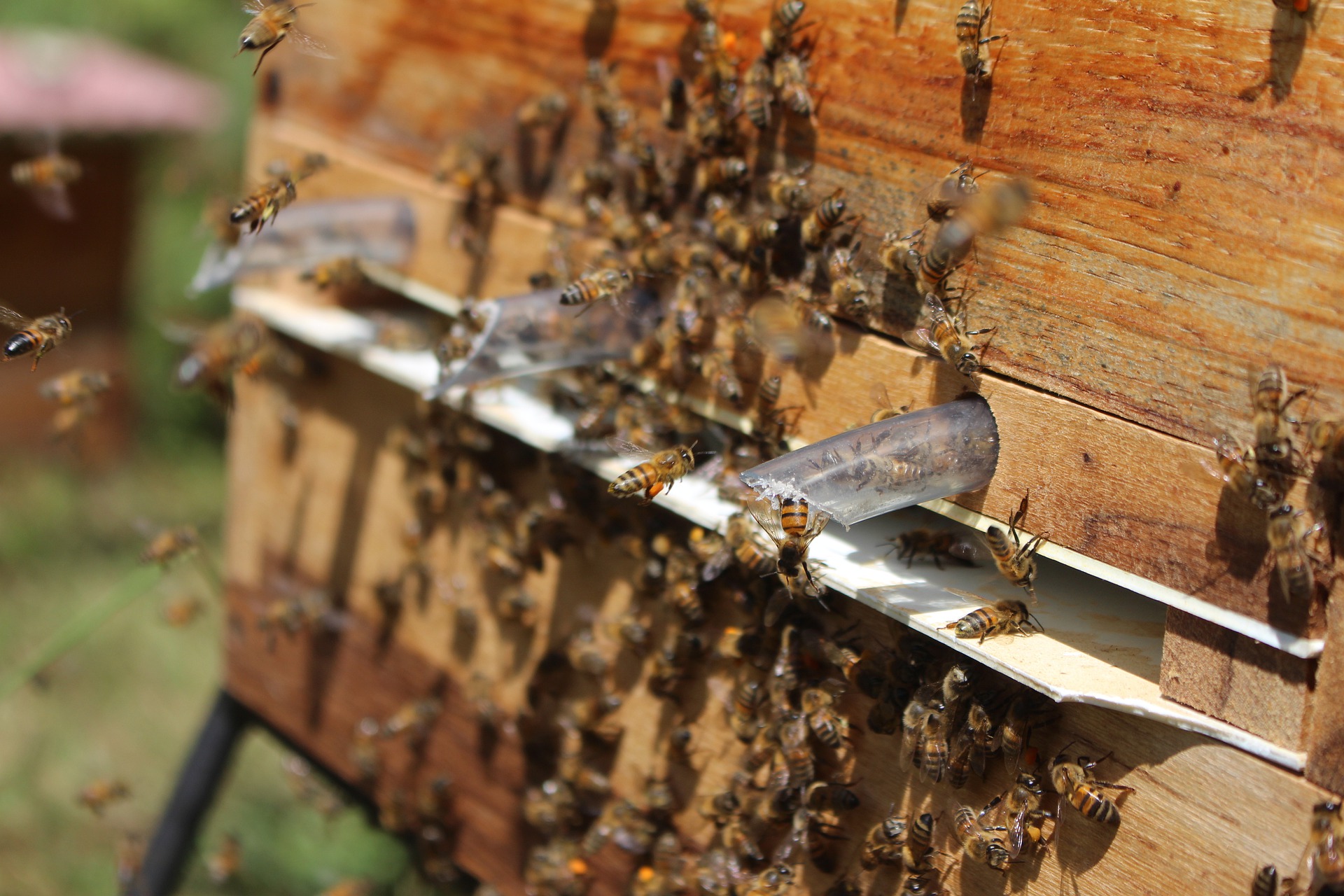 Jenny Castaño/Pixabay
Jenny Castaño/Pixabay
Beekeeping is an important source of income for many rural livelihoods
There is a wide diversity of values linked to bees and pollination beyond agriculture and food production. Bees and their habitats provide ecological, cultural, financial, health, human and social values. Beekeeping is critical for local development as it typically requires minimal investment, generates diverse products, can occur without land ownership or rent, and provide flexibility in timing and locations of activities.
Beekeeping can also form the basis for gaining and transmitting knowledge about ecological processes. Furthermore, understanding of flowers and pollinators is part of the knowledge base for local communities around the globe. Products produced by stingless bees, such as honey, wax, pollen and the bees themselves, are used by many indigenous peoples for different purposes, which include nourishment, traditional medicine, activities related to their spiritual and contemplative life and hand-crafting.
More information:
Air pollution's effect on bees Video
IPBES Assessment Report on Pollinators, Pollination and Food Production